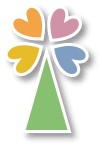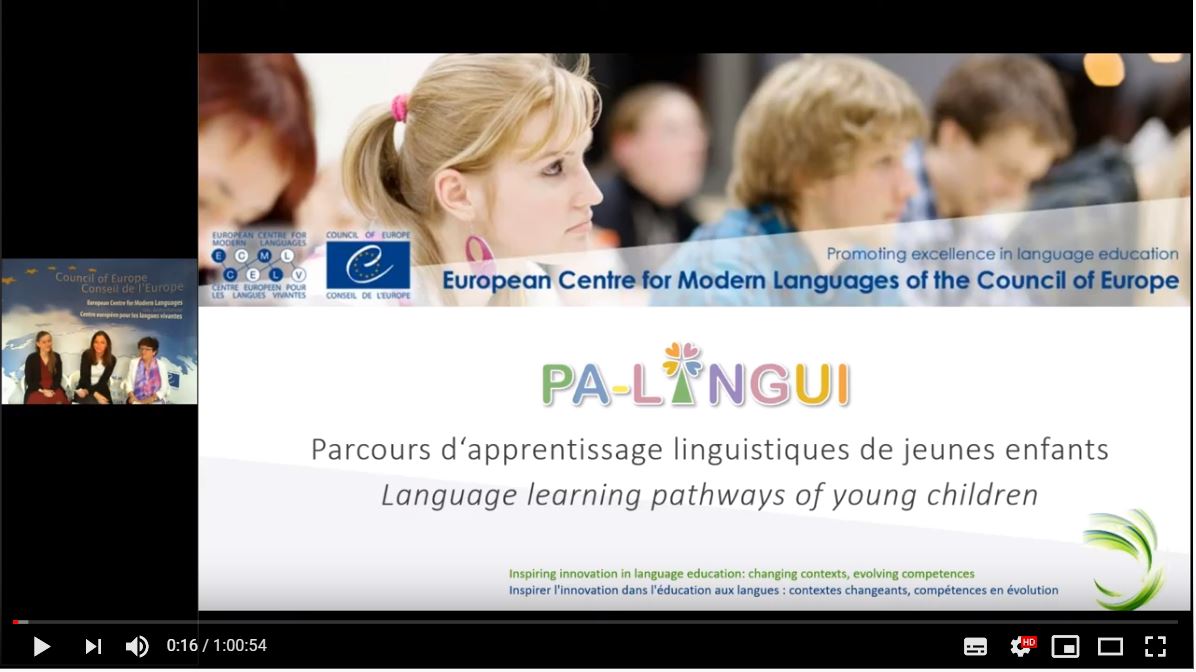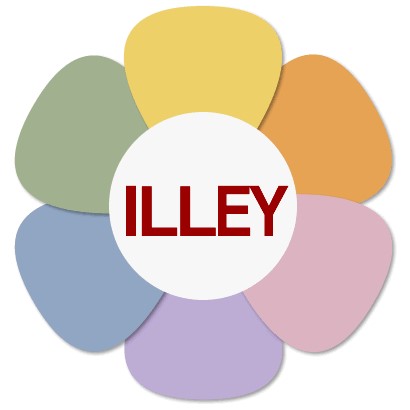
Language learning pathways are becoming more and more diverse as a result of linguistic and cultural diversity. This diversity means that young people can grow up with multiple languages and cultures, different practices and customs, as well as different ways of speaking and writing. The new PALINGUI project of the European Centre for Modern Languages of the Council of Europe (ECML) will be looking at these diverse linguistic journeys of young learners in educational contexts and how to make these visible through a range of methods and tools. These will make it possible to identify, understand and document language learning of children age 3 to 12 and thereby create learning opportunities allowing them to progress along their language learning pathways.
 The first PALINGUI webinar (5 March 2020) invited interested teachers and educators at pre-primary and primary school level, headteachers and senior management of schools, language experts to join the project team in order to discuss the main ideas of the PALINGUI project and to share national practices, experiences and needs of education professionals:
The first PALINGUI webinar (5 March 2020) invited interested teachers and educators at pre-primary and primary school level, headteachers and senior management of schools, language experts to join the project team in order to discuss the main ideas of the PALINGUI project and to share national practices, experiences and needs of education professionals:
- How can we show young children’s daily language learning?
- What are the key stages of their development?
- How can we evaluate language learning and ensure that it is appreciated and valued?
- How can we support young children’s understanding of their own learning and help them describe their next steps in their own language learning journey?
- How can we document learning and progress in a well-founded and understandable way?
- How can we do this in the face of our demanding daily school life, without losing sight of the curriculum and without creating extra work

The webinar also refered to the recently published results of the ECML project conducted by the team: Inspiring language learning in the early years - Why it matters and what it looks like for children age 3-12. This freely accessible resource website helps teachers and other educators to prepare young children to successfully engage in a culturally and linguistically diverse world.
The PA-LINGUI project team:
- Flore Schank, Ministry of Education, Children & Youth, Luxembourg
- Ingeborg Birnie, University of Strathclyde, Glasgow, United Kingdom
- Dana Musilova, Czech School Inspectorate, Prague, Czech Republic
Related links:
*****
About the ECML programme of activities 2020-2023
 PALINGUI is one of the 9 projects addressed by the current ECML medium-term programme “Inspiring innovation in language education: changing contexts, evolving competences” which focuses on the following key themes during the next four years: formative assessment in early language learning and for newly arrived migrant children, languages in support of digital citizenship and other transversal skills, the CEFR Companion Volume and linguistic mediation, CLIL in languages other than English, neighbouring languages in cross-border vocational training, teacher competences for pluralistic approaches. This programme has been developed in direct response to identified language education priorities in ECML member states.
PALINGUI is one of the 9 projects addressed by the current ECML medium-term programme “Inspiring innovation in language education: changing contexts, evolving competences” which focuses on the following key themes during the next four years: formative assessment in early language learning and for newly arrived migrant children, languages in support of digital citizenship and other transversal skills, the CEFR Companion Volume and linguistic mediation, CLIL in languages other than English, neighbouring languages in cross-border vocational training, teacher competences for pluralistic approaches. This programme has been developed in direct response to identified language education priorities in ECML member states.